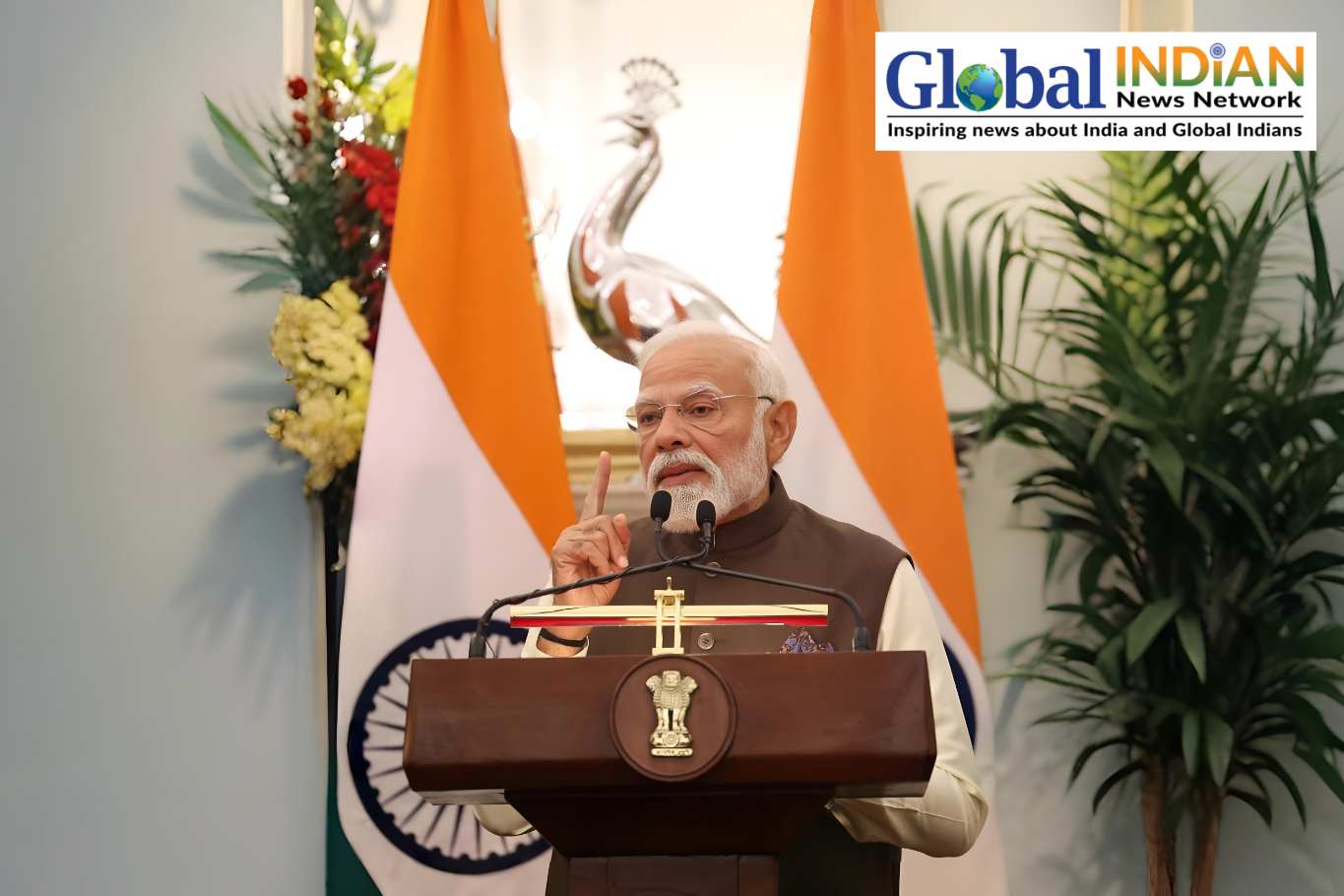
At the previous Inc42 MoneyX conclave, industry leaders expressed optimism about the Indian startup ecosystem, despite concerns about the funding winter. Sanjeev Bikhchandani of Info Edge refuted claims of a funding freeze, while Rajan Anandan from Peak XV Partners revealed that the VC firm had over $2.34 billion in dry powder. Their confidence stemmed from the belief that many startups were focusing on solid, sustainable businesses, not just cash-hungry ventures.
However, just after this event, funding levels dropped drastically. Weekly funding plummeted from $200 million in mid-July to just $42 million a week later. This decline marked one of the lowest funding figures since January 2023, amidst global economic instability.
Fast forward to 2024, and India’s startup ecosystem has made notable strides, with homegrown startups raising more than $12 billion, a 20% increase from the previous year’s $10 billion. The number of deals also surged, with 993 deals reported, a 10% increase over 2023. However, this still pales in comparison to the record-breaking funding years of 2021 and 2022 when $42 billion and $25 billion were raised, respectively.
Despite this, 2024 has seen a remarkable uptick in IPO activity, with 13 new-age tech companies, including Swiggy and MobiKwik, securing fresh capital. The rise in unicorns has been significant too, with six startups crossing the $1 billion valuation threshold this year, a marked improvement from just two in 2023.
The funding landscape has also seen a strong resurgence at various stages. Late-stage funding increased by 25%, with over $7 billion raised in 150 deals, a notable rise from the previous year. At the same time, early-stage funding saw a 31% YoY increase, with $893 million raised in 433 deals. This growth can largely be attributed to cautious but strategic investments, alongside a surge in AI-driven startups.
Fintech continues to lead sectoral funding, with over $2.5 billion raised, although this represents a slight dip from 2023. The consumer services and enterprise tech sectors also saw strong performances, particularly after major investments in companies like Zepto.
Mumbai dethroned Bengaluru as India’s top startup hub, with $3.67 billion raised, although much of this was due to Zepto’s massive funding. If Zepto’s funds are excluded, Bengaluru remains the leader in both total funds raised and deal count.
Looking ahead, experts predict that 2025 could see a resurgence in global startup funding, driven by improved geopolitical stability and India’s strong economic fundamentals. As the funding landscape stabilizes, investors and founders are recalibrating their approaches, fostering a healthier environment for long-term innovation.









